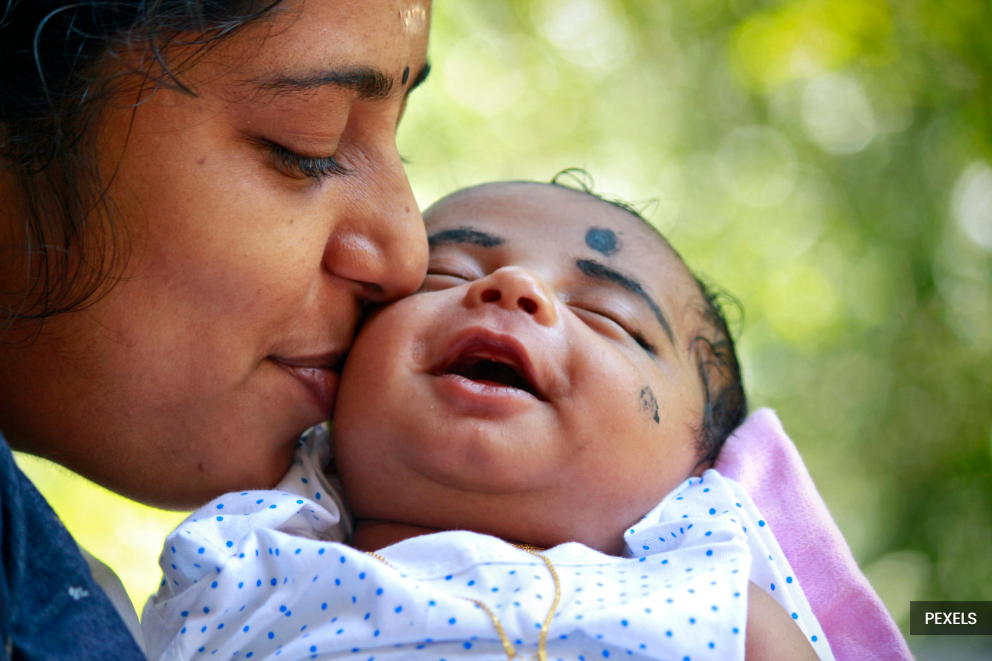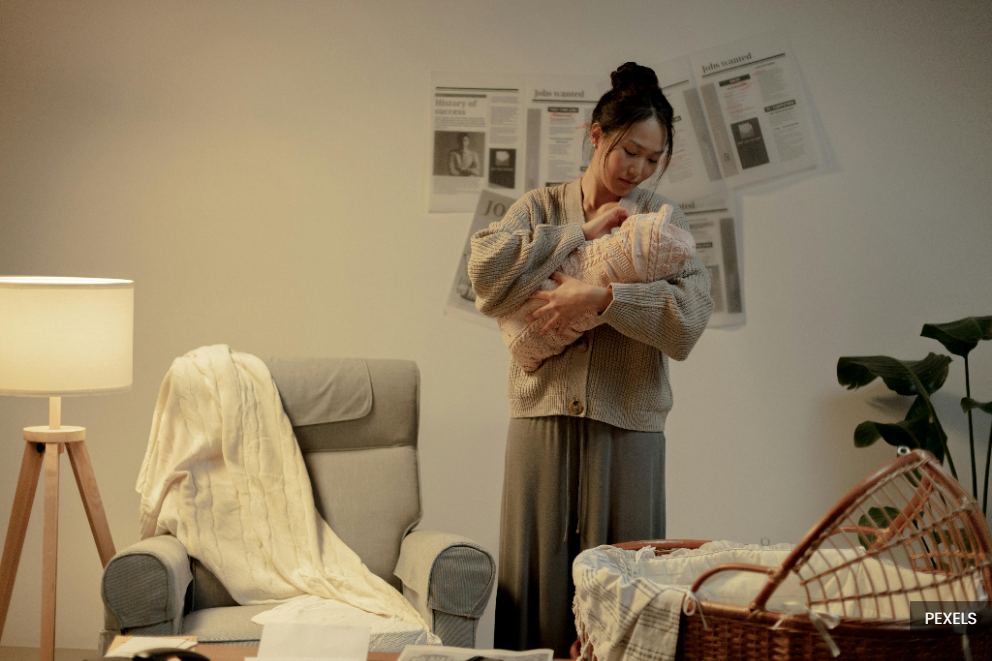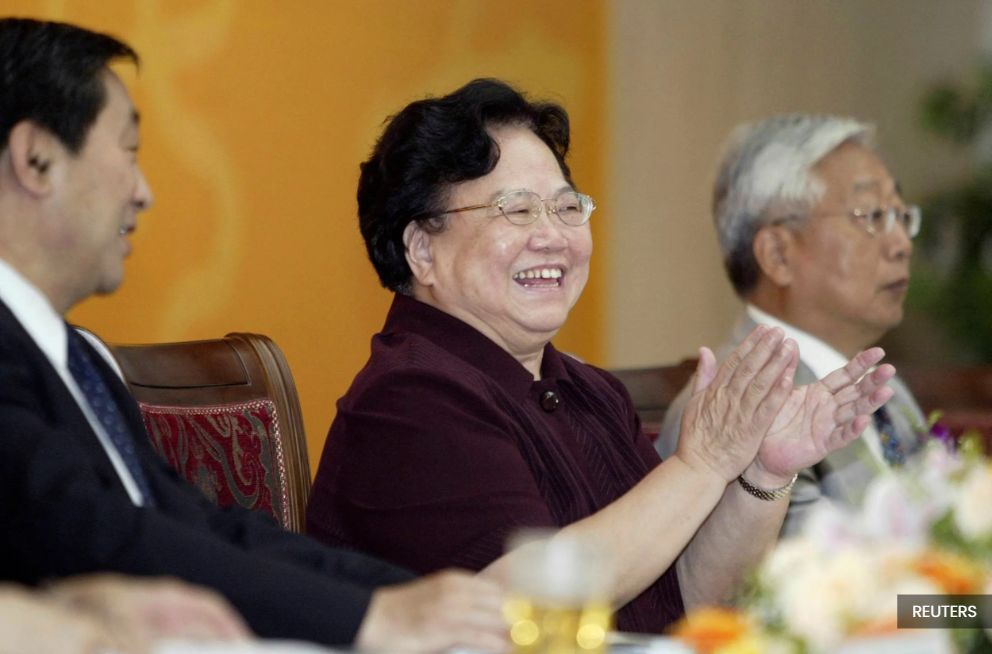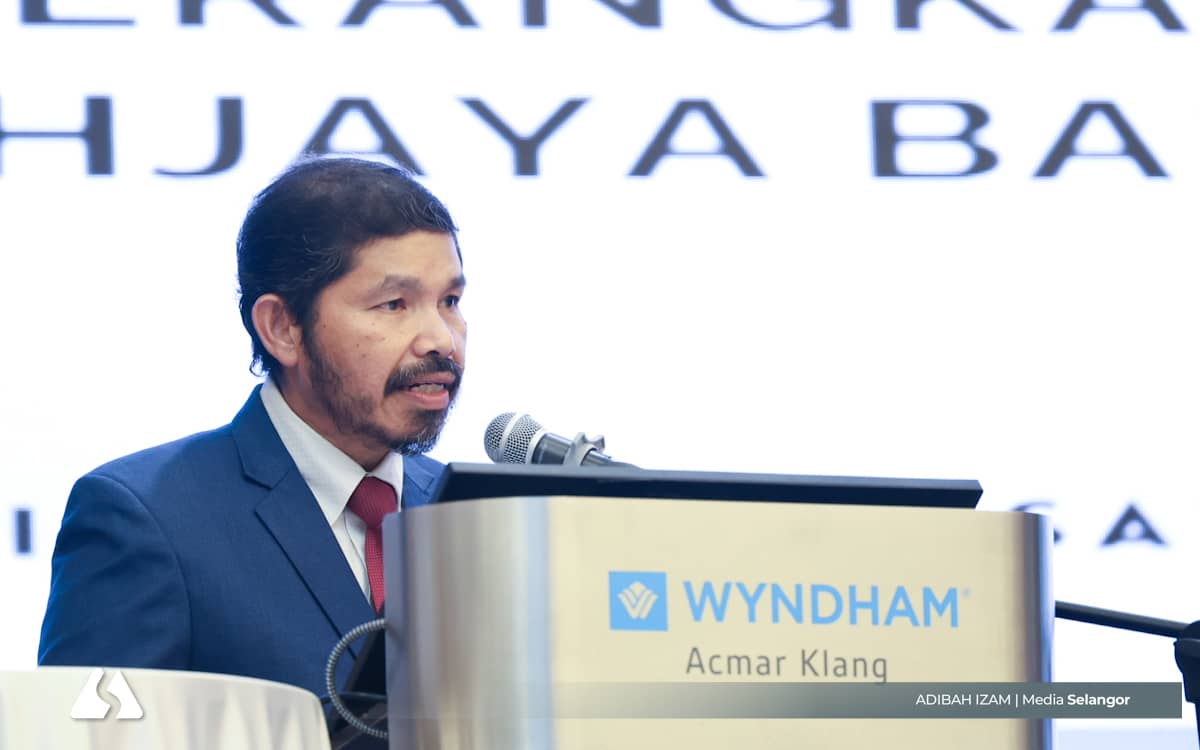KUALA LUMPUR, Sept 15 — Marriage and parenthood, once seen as natural milestones in life, are no longer a given in today’s Malaysia, as rising living costs, demanding careers, and shifting social values push many young couples to postpone parenthood, and even rethink whether they want children at all.
For some, like the Malaysian Chinese and Malaysian Indian couples interviewed by Media Selangor, the path to family life is filled with both joy and hardship.
Their stories highlight the delicate balance between love, financial realities, and societal expectations, while shedding light on the broader trend of declining birth rates across communities.
“The financial burden is very real. Living in the city is expensive, so many couples like us feel we need to save first before even thinking about starting a family,” said Sri Ram Ganeson, 32, who has been married for a year but is not planning for children yet.
He noted that career ambitions and long working hours are also contributing factors, as dual-income couples struggle to find time together.
According to the Statistics Department’s (DOSM) Population Projection 2020-2060 Report, while Malaysia’s population is expected to grow steadily and peak at 42.38 million in 2059, the growth rate will slow sharply from 1.7 per cent in 2020 to just 0.1 per cent by 2060.
During this period, the Bumiputera share of the population is projected to rise from 69.4 per cent in 2020 to 79.4 per cent by 2060, while the share of Chinese is expected to decline from 23.2 per cent to 14.8 per cent, and Indians from 6.7 per cent to 4.7 per cent.
A similar trend could be seen in Selangor, with the Bumiputera population projected to increase from 60.6 per cent in 2020 to 69.9 per cent in 2060, while the Chinese (27.3 per cent to 20.3 per cent) and Indian (11.3 per cent to 8.6 per cent) populations are expected to decline.

Finding balance in modern parenting
For Chen Woei Foong, 37, and Wong Siao Yiin, 37, life as a family of four, while heartwarming, is hectic. The idea of a third child is out of the question, especially with the costs of living and education rising each year.
"Two children are just right, life already feels full. For us, this is enough," they told Media Selangor.
The couple married in 2017 after a decade-long romance, which was soon followed by an unexpected first child, a son, and three years later, a daughter that completed their family.
But behind the joy lies the weight of reality. Like many dual-income families, Chen and Wong often find themselves exhausted after work, torn between the demands of their careers and the desire to be present for their children.
“That is the paradox of modern parents. We want to succeed at work but also be good parents,” Wong said.
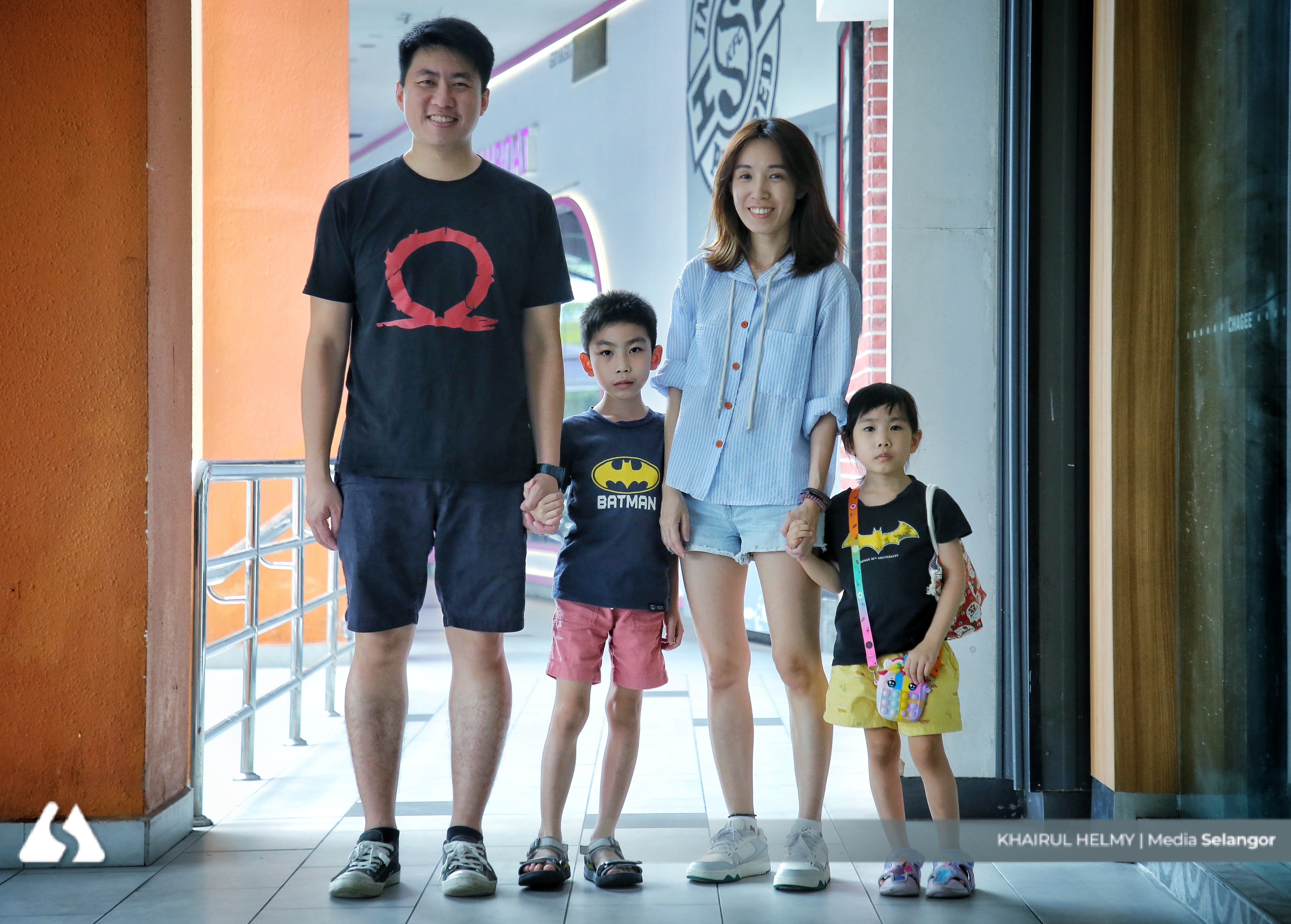
They also believe children should be seen as an extension of love rather than a safety net, saying: “If you are not mentally or emotionally ready, rushing into it will only bring pain to everyone. The strain poverty places on marriage is not just a saying, it is a reality.”
Similarly, Ng Tze Wai, 35, and Goh Han Meng, 34, also feel their family is complete with two children — a seven-year-old daughter and a six-month-old son — and have no plans for more.
Rising expenses played a decisive role in their decision. The couple chose to focus their love and resources on raising two children, with Ng even leaving her job to become a full-time mother.
“The financial pressure is real. We budget carefully and spend only on what is necessary.
“It’s understandable why many young people today choose not to have children, considering the overwhelming costs and pressure. But for us, our children’s growth is priceless,” she said.

Easing the path to parenthood
As for 35-year-old solar project engineer Thashinavel Suppiah, finding the right partner has been his biggest challenge.
With rising costs, making life decisions like getting married and starting a family has become even more daunting, which is why he prefers to wait rather than rush into marriage under pressure.
“In the past, many Indian couples married young due to family pressure, but today that is no longer the norm. In my case, my family has only started asking questions now that I have turned 35,” he said.

To encourage more people to marry and build families, Thashinavel said policies like affordable childcare, better parental leave, and flexible work arrangements are essential.
“If the government provides more incentives and workplace support to young families, especially minorities, this issue can be effectively addressed,” he said.
Sri Ram echoed his view, suggesting that the government also look into flexible work policies and financial aid schemes tailored for minority communities and young couples planning to have children.
